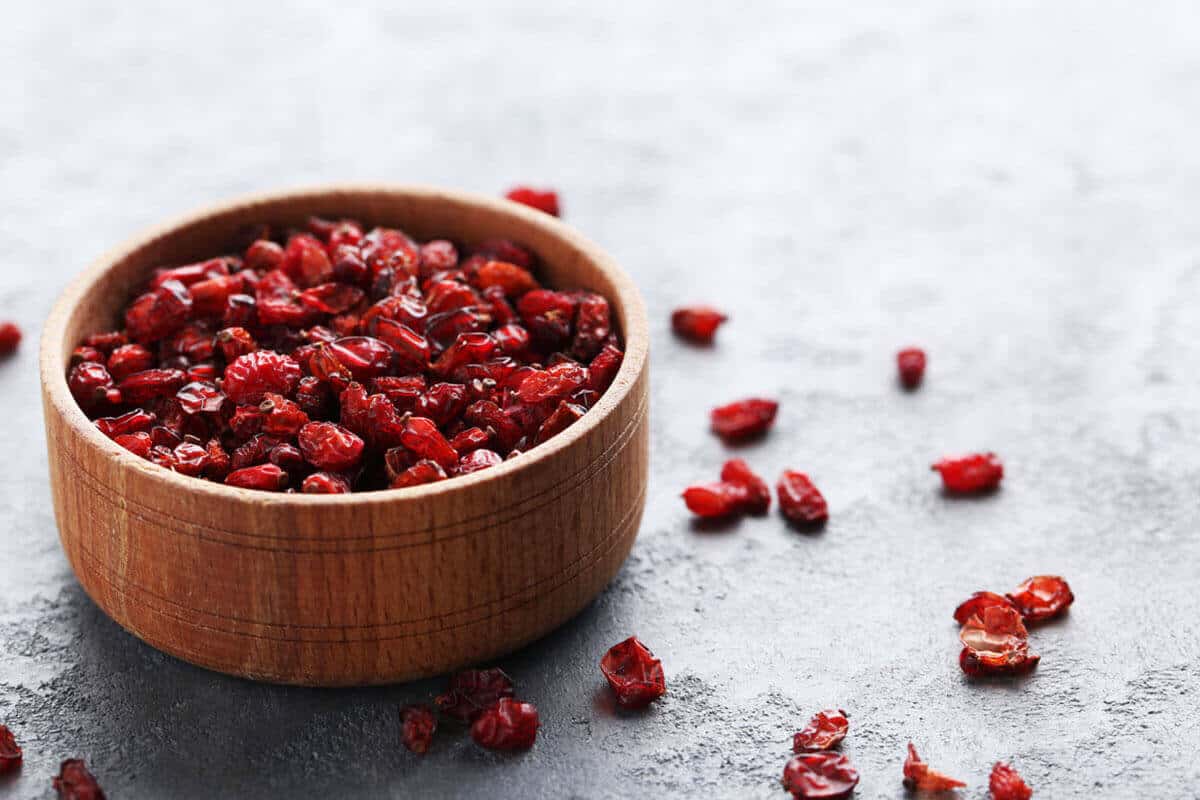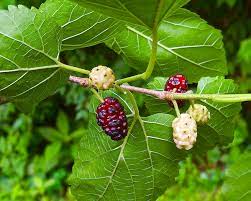Berberine – Importance and Health Benefits
Berberine is a natural alkaloid that’s found in a variety of traditional herbs, including barberry, goldenseal and turmeric. It’s sold as an extract that can be used to fight bacteria, helping to treat conditions that are conventionally treated with antibiotics.
Berberine also works as a natural remedy for diabetes, high cholesterol, heart disease, obesity, Alzheimer’s disease, lung inflammation, SIBO and cancer.
Berberine has been shown to regulate glucose and lipid metabolism in vitro and in vivo. This pilot study was to determine the efficacy and safety of berberine in the treatment of type 2 diabetes mellitus patients.
In study A, 36 adults with newly diagnosed type 2 diabetes mellitus were randomly assigned to treatment with berberine or metformin (0.5 g 3 times a day) in a 3-month trial.
The hypoglycemic effect of berberine was similar to that of metformin. Significant decreases in hemoglobin A1c (from 9.5%+/-0.5% to 7.5%+/-0.4%, P<.01), fasting blood glucose (from 10.6+/-0.9 mmol/L to 6.9+/-0.5 mmol/L, P<.01), postprandial blood glucose (from 19.8+/-1.7 to 11.1+/-0.9 mmol/L, P<.01), and plasma triglycerides (from 1.13+/-0.13 to 0.89+/-0.03 mmol/L, P<.05) were observed in the berberine group.
In study B, 48 adults with poorly controlled type 2 diabetes mellitus were treated supplemented with berberine in a 3-month trial.
Berberine acted by lowering fasting blood glucose and postprandial blood glucose from 1 week to the end of the trial. Hemoglobin A1c decreased from 8.1%+/-0.2% to 7.3%+/-0.3% (P<.001).
Fasting plasma insulin and homeostasis model assessment of insulin resistance index were reduced by 28.1% and 44.7% (P<.001), respectively.
Total cholesterol and low-density lipoprotein cholesterol were decreased significantly as well. During the trial, 20 (34.5%) patients experienced transient gastrointestinal adverse effects.
Functional liver or kidney damages were not observed for all patients. In conclusion, this pilot study indicates that berberine is a potent oral hypoglycemic agent with beneficial effects on lipid metabolism.
Read Also: Bay Leaf – Importance and Health Benefits

Berberine is a compound in several plants, including goldenseal, barberry, Oregon grape, and tree turmeric. Let’s just say that Berberine is a alkaloid extracted from a variety of herbs.
It is supplemented for its anti-diabetic effects, which rival the potency of some pharmaceuticals, though still require more research for a proper comparison.
Berberine is an alkaloid found in many plants, most notably in goldenseal (Hydrastis canadensis), barberry (Berberis vulgaris), Oregon grape (Berberis aquifolium), and goldthread (Coptis chinensis). These plants have a long history of use for several health conditions.
7 Amazing Benefits of Berberine
According to research, the list of berberine benefits is long and diverse. Berberine has been the focus of numerous studies and in some cases, it was compared to or used in conjunction with pharmaceuticals.
Here is a list of what berberine is used for:
(1) Blood sugar
Of course, the most well-known illness associated with elevated blood sugar levels is diabetes. Research shows that berberine lowers fasting blood sugar and the blood sugar marker hemoglobin A1C.
According to a 2012 meta-analysis of 14 different studies featuring more than 1,000 people, berberine was shown to be just as effective as oral diabetes drugs.
(2) Blood pressure
There is some research showing that berberine can lower blood pressure via vasodilation and relaxing smooth muscle cells within the vessel walls. Berberine works similar to calcium channel blockers by reducing the pressure in the arteries.
Like calcium channel blockers, berberine can lower blood pressure in the arteries.
(3) Cholesterol
High cholesterol is considered an independent risk factor for heart disease. Berberine helps lower cholesterol by clearing LDL cholesterol in the liver as it upregulates LDL-receptor expression.
A 2013 meta-analysis of randomized controlled trials also showed that berberine was safe and effective at lowering LDL cholesterol, triglycerides, and total cholesterol, as well as raising HDL cholesterol.
(4) Candida
Berberine also has anti-fungal properties, specifically against the yeast candida. A 2016 in vitro study showed that berberine was effective at killing fluconazole-resistant strains of candida. Research shows that berberine kills yeast by attacking the cell membrane.
(5) PCOS
When cysts develop on the ovaries, a hormonal condition known as polycystic ovary syndrome (PCOS) can develop. This condition is characterized by a hormone imbalance that causes women to skip menstrual periods and have difficulty getting pregnant.
A 2015 study involving Chinese women with PCOS demonstrated that berberine alone was effective at improving the menstrual pattern and ovulation rate of the women.
Read Also: Quail Eggs – The Super Food (34 Amazing Health Benefits)
(6) SIBO
Small intestinal bacterial overgrowth (SIBO) is becoming more common in clinical practice. Presently, in some cases, oral antibiotics are used to treat this condition. According to a 2014 study featuring 104 patients diagnosed with SIBO, berberine was just as effective as the antibiotic Rifaximin.
(7) Weight loss
Given berberine’s positive effect on metabolic syndrome, it’s not surprising that it can also help with weight loss.
A 2012 study that featured patients diagnosed with metabolic syndrome showed that three months of treatment with berberine resulted in decreased body mass index (BMI) and leptin levels, demonstrating that it can improve insulin sensitivity and inhibit fat storage.
Berberine’s side-effects and drawbacks
Berberine has a high potential to interact with medications, and some interactions may be severe. It is generally safe in normal doses, but more long-term research on its safety is needed.
Gastrointestinal upset can occur when high doses are used, and due to its ability to reduce blood sugar, it may increase the risk for hypoglycemia in high doses, though this isn’t a common occurrence.
Read Also: Commercial Snail Farming Business Guide









